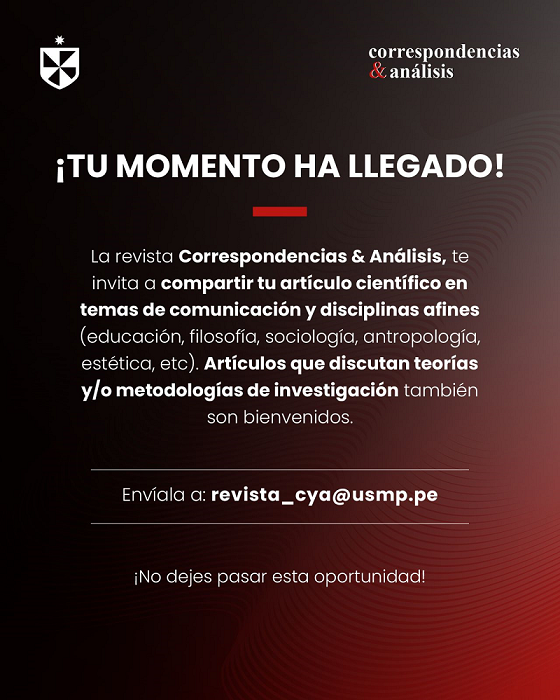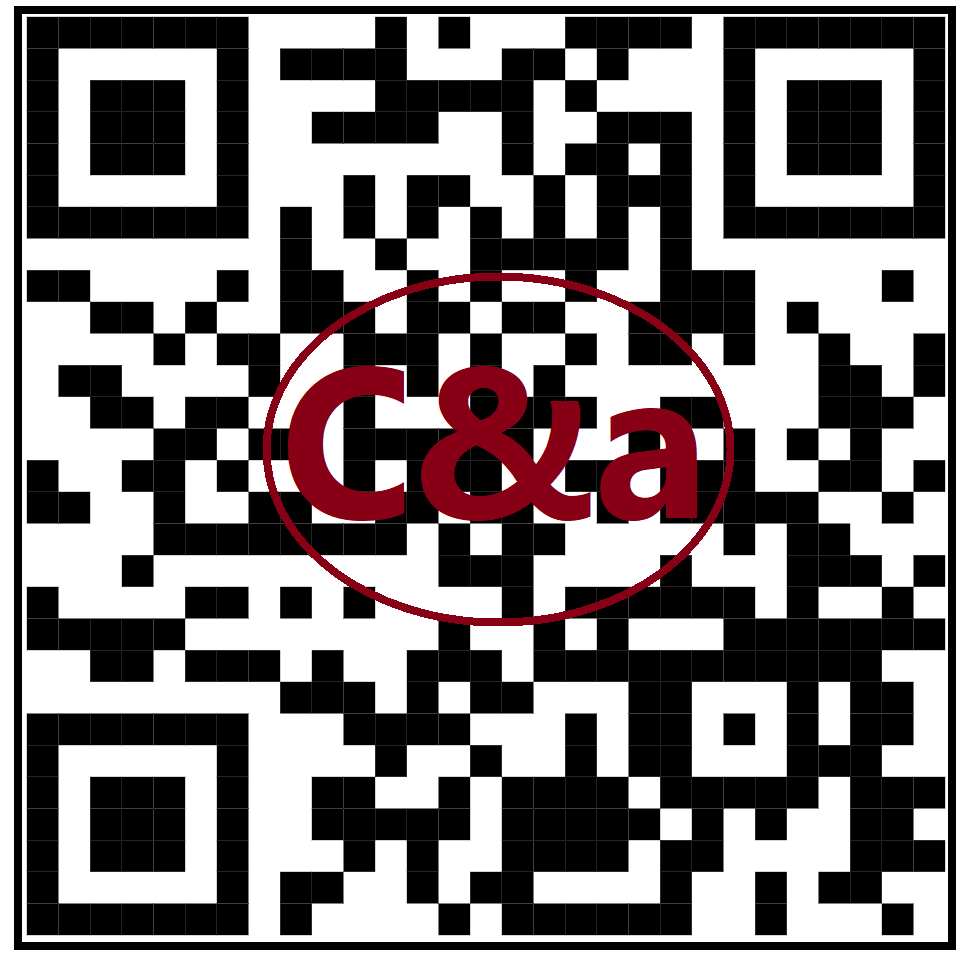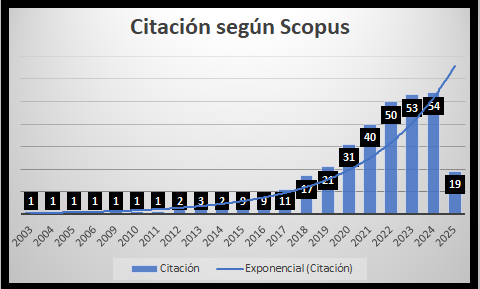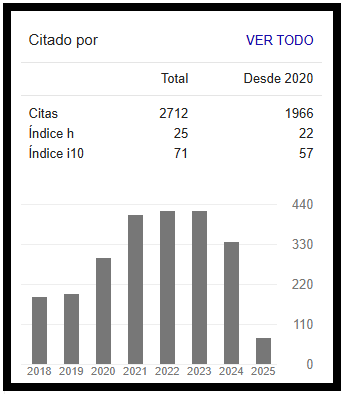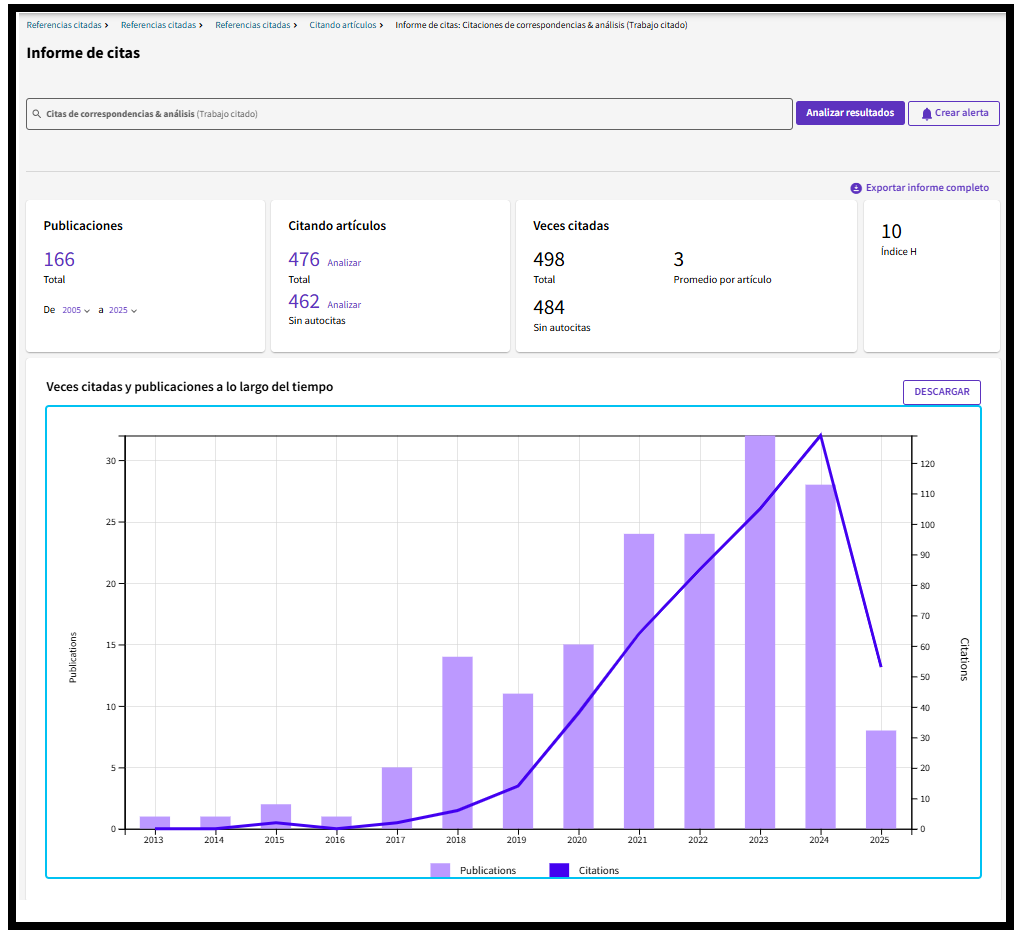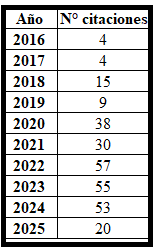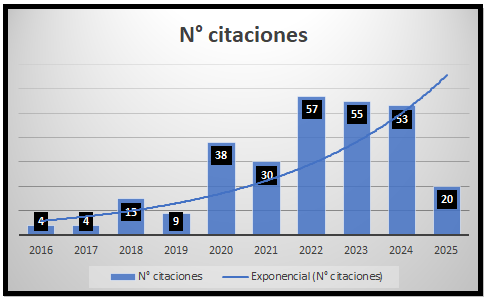A review of Venezuelan migration to Colombia through memes on social media: revanchism and perverse representations
DOI:
https://doi.org/10.24265/cian.2020.n12.04Keywords:
Imaginaries, Migration, Colombia, Venezuela, Social NetworksAbstract
This article is the result of an investigation that analyzed the incidence of Venezuelan migration in the imaginary that Colombians have of migrants and of themselves, as well as of the current socio-political situation of the two countries, expressed through “memes” that circulate on social networks, which are taken as active scenarios of the political sphere that allow observing the variations in public opinion.
Methodologically, the research was framed within the mixed approach (qualitative-quantitative), based on the analysis of the discourse of a set of memes extracted from Facebook and Twitter, whose preliminary results were contrasted with those of surveys and focus groups directed at Colombian citizens to identify types of imaginaries around Venezuelan migration and its impact on the image that Colombians have of their own reality and of the migrant
Metrics
Downloads
References
Abdelaziz, S., & Fernández, M. (2019). Migrantes Subsaharianos en sus primeros asentamientos pre y post frontera española. Revista de Ciencias Sociales, 27-43.
Althusser, L. (1988). Ideología y aparatos ideológicos del Estado. Buenos Aires: Nueva Visión.
Alvarado, M., & Pino, T. (2018). Rituales migratorios 2.0. Imagen, emoción y diáspora venezolana. Archivos de la Filmoteca, 225-240.
Aponte, L. A. (2010). Identidad colombiana en Fernando González Ochoa. Franciscanum, 167-196.
Barthes, R. (1986). Lo obvio y lo obtuso. Imágenes, gestos, voces. . Barcelona: Paidós.
Baudrillard, J. (2000). El crimen perfecto. Barcelona: Editorial Anagrama, S.A.
Carrasco, D. (26 de agosto de 2020). Barómetro de xenofobia: De qué se habla en Colombia sobre los venezolanos migrantes. Obtenido de elpitazo.net: https://elpitazo.net/migracion/barometro-de-xenofobia-de-que-se-habla-en-colombia-sobre-los-venezolanos-migrantes/
Carrión, J. (30 de agosto de 2020). Política y estética del meme. Obtenido de The New York Times: https://www.nytimes.com/es/2020/08/30/espanol/opinion/que-es-un-meme-internet.html
Castoriadis, C. (2007). La institución imaginaria de la sociedad. Buenos Aires: Fábula Tusquets.
Christakis, N., & Fowler, J. (2010). Conecctados, el sorprendente poder de las redes sociales y cómo nos afectan. México: Santillana Ediciones Generales, S. A.
Cuevas-Calderón, E. (diciembre de 2018). revistas.flacsoandes.edu.ec. Obtenido de Reconfiguración social: entre la migración y la percepción inseguridad en Lima, Perú: https://revistas.flacsoandes.edu.ec/urvio/article/view/3553/2443
Dawkins, R. (1989). El gen egorista, las bases biológicas de la conducta. Oxford: Editorial digital: Horus.
Dittus, R. (2006 ). El imaginario social y su aporte a la teoría de la comunicación: seis argumentos para debatir. Concepción: Universidad Católica de la Santísima Concepción.
Durand, G. (1979). Las estructuras antropológicas de lo imaginario. Madrid: Taurus.
FEDESARROLLO. (Octubre de 2018). fedesarrollo.org.co. Obtenido de https://www.fedesarrollo.org.co/sites/default/files/iml-octubre_2018-web.pdf
Lenin, V. (1997). El Estado y la revolución. Madrid: Fundación Federico Engels.
Llul, J., & Neiva, E. (2011). Hacia una nueva conceptualización evolutiva de la comunicación "Cultural". Revista científica de educomunicación, 25-34.
Maffesoli, M. (1987). O Conhecimento do Quotidiano. Lisboa: Vega.
Martín Barbero, J. (1987). De los medios a las mediaciones. México: Gustavo Gili.
Marx, K. (2012). Escritos sobre materialismo histórico. Madrid: Alianza Editorial.
Migración Colombia. (6 de agosto de 2020). migracioncolombia.gov.co. Obtenido de https://www.migracioncolombia.gov.co/noticias/para-finales-del-mes-de-mayo-el-3-del-total-de-venezolanos-que-se-encontraban-en-colombia-al-comienzo-de-la-pandemia-habia-regresado-a-su-pais-y-un-2-mas-estaria-a-la-espera-de-poder-hacerlo
Pineda, E., & Ávila, K. (2019). Aproximaciones a la migración: Desigualdad, prejuicio y vulnerabilidad. CLIVATGE, 46-97.
Shifman, L. (2013). Memes in a Digital World: Reconciling with a Conceptual Troublemaker. Journal of Computer-Mediated Communication, 362-377.
Wiggin, B., & Bowers, B. (2014). Memes as genre: A structurational analysis of the memescape. New Media & Society, 1-21.
Downloads
Published
Issue
Section
License
In case the manuscript is approved, the authors retain the copyright and assign to the journal the right to publish, edit, reproduce, distribute, display and communicate in the country of origin and abroad by means of print and electronic media in different databases.
In order for this procedure to be recorded, the author must fill out the following formats:
Format 1 - Author data Format.
Format 2 - Affidavit on originality and authorization for the publication of articles Format.
Format 3 - Open Science Compliance.






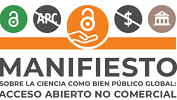
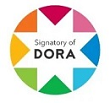
2.png)


